The World Health Organization (WHO) labeled monkeypox a public health emergency of worldwide concern, triggering memories of early days of the Covid19 global pandemic. Among the numerous concerns and uncertainties now is if the severity of monkeypox would restrict travel, as it did two and a half years ago when COVIV-19 brought the entire industry to a halt.
It’s tough to predict. The impact is most likely somewhere in the middle of the public’s impression of coping with another infection. “Are they fed up with being caged up and subjected to regulations and limits, which the pent-up desire for travel right now appears to imply is the best solution? Or do they value the views of a global group of doctors”?
“For most travelers, this should not cause alarm, but it is worth understanding the risk numbers in the travel destination,” Dr. Jenny Yu from Healthline stated “As this is a re-emerging disease, not all healthcare providers are familiar with diagnosis and treatment, which may delay diagnosis, something to consider when traveling. People should take the necessary precautions but should not panic from a travel standpoint.”
Monkeypox is infectious, which means that anyone infected with the virus should avoid travel and the risk of spreading it to others. Dr. Jake Deutsch, a former Mt. Sinai Hospital Physician, told “It shouldn’t be a concern unless you’re engaged in higher risk activity while in countries with high infection rates.”
Presently, less than 20,000 cases of monkeypox have been documented globally, with perhaps 3,000 of them occurring in the United States.





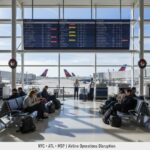


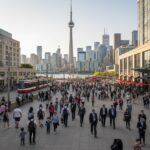
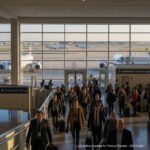
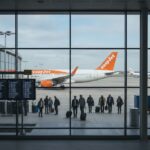


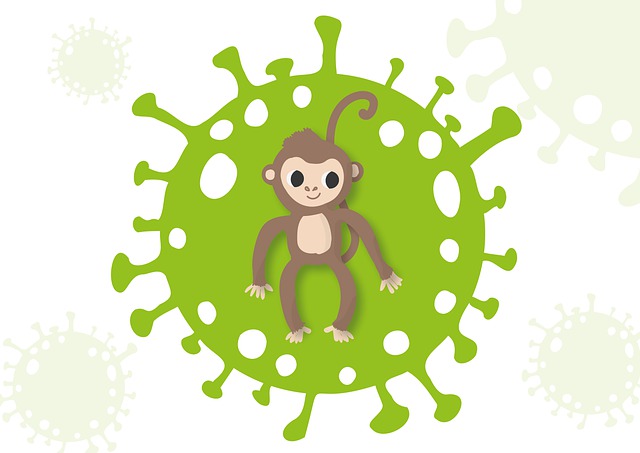
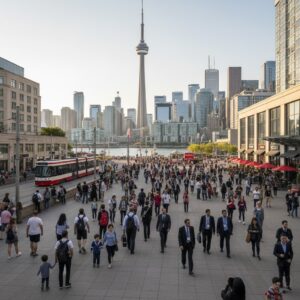
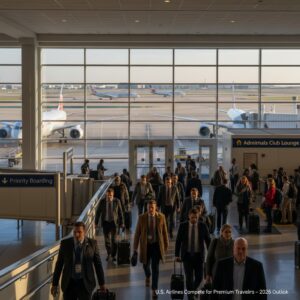
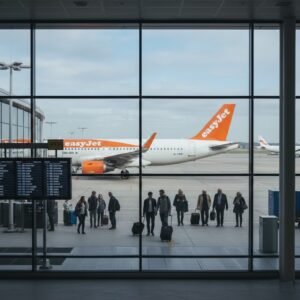

More Stories
Toronto Tourism Smashes Records: 28.2M Visitors Power $13.5B Economy
US Airlines Battle for 2026 Skies: Premium Profits Soar
Albania Tourism Booms 2025 12.47M Visitors Despite Challenges!